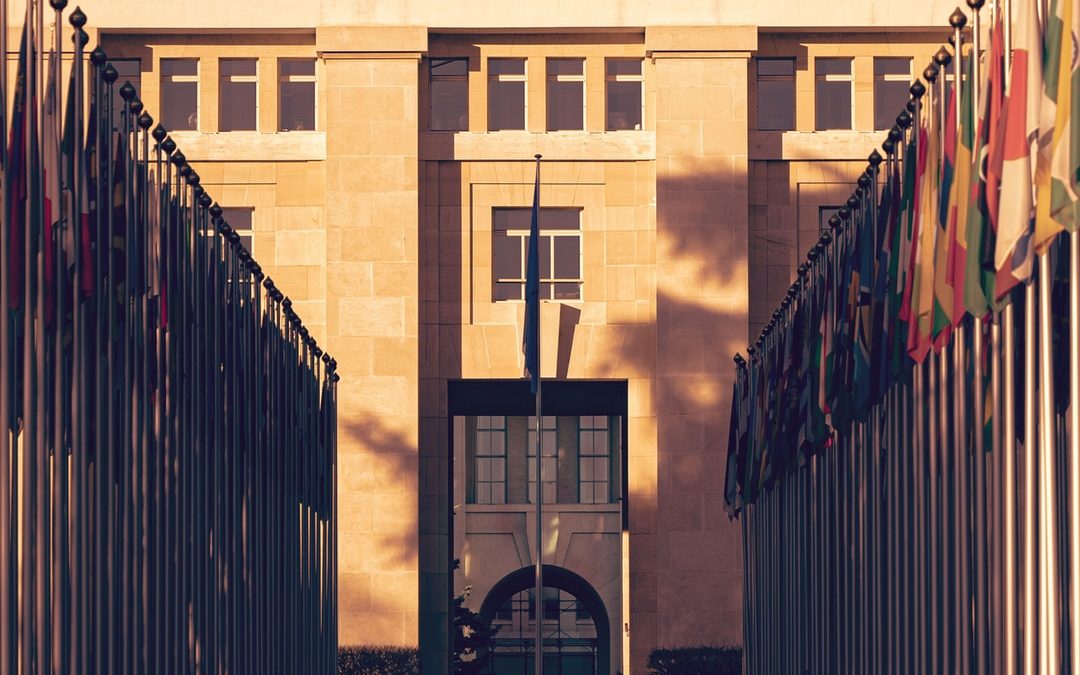Like a lot of academics, I love Google n-grams, but not as much as the digitized archive Google uses to produce it. It’s a great warren of rabbit holes – even better than wikipedia – and I often wind up following one somewhere or other. My latest journey begins with...
